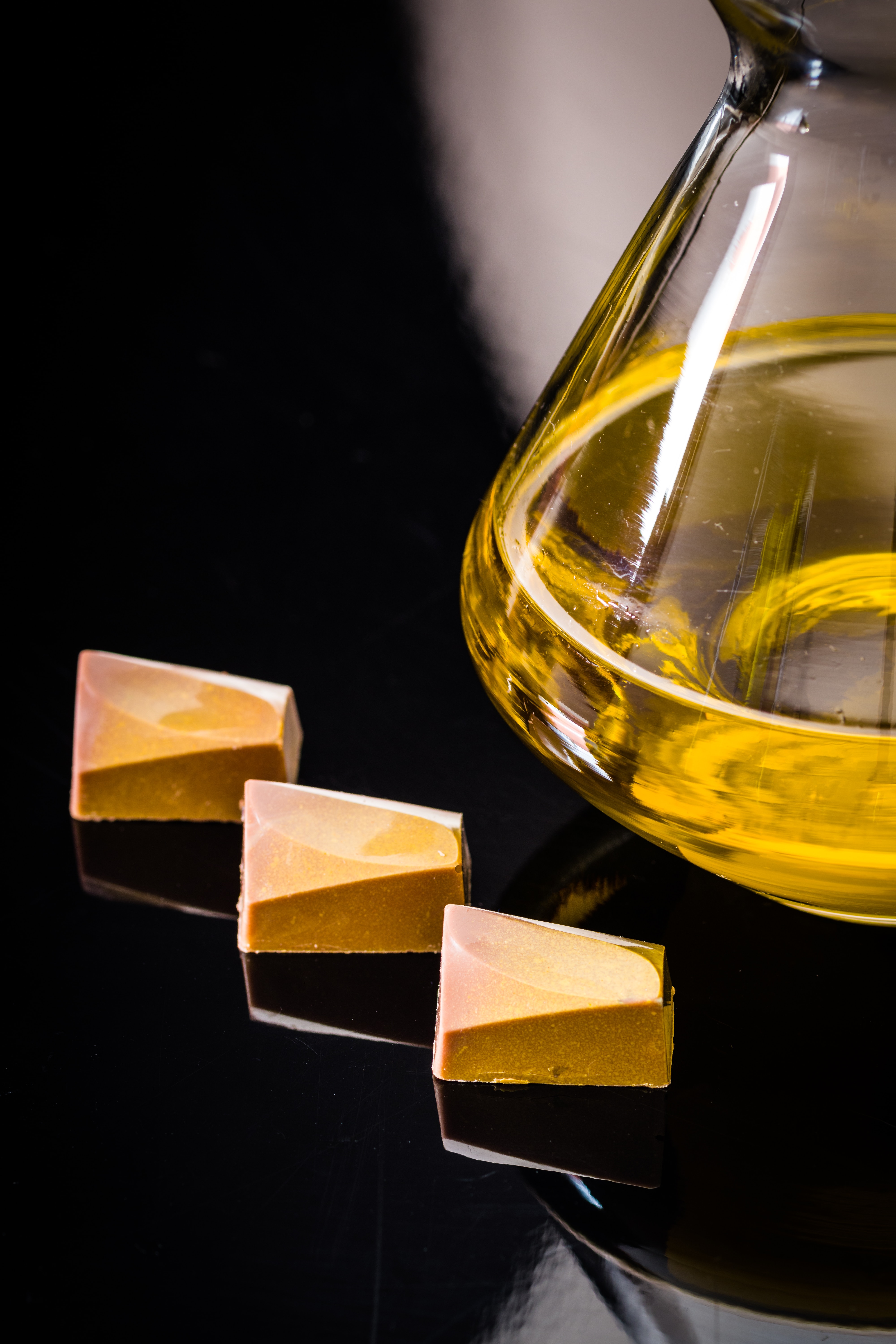COLD PRESSED OILS - Disadvantages
While the debate around the ideal cooking oil is not new, the post pandemic era saw yet another option gaining popularity in the world of oils- cold pressed oils. However, it isn’t just a new fad. Cold pressing is, in fact, an ancient practice that started somewhat during the Indus valley civilization!
The non-aggressive and non-violent way of obtaining cold pressed oil is, in essence, the key to its success that has people swearing by it in recent times. At the same time this non-violent small scale rural manufacture is its weakness too.
1. Cold Pressed Oils tend to cost more
By their very nature of manufacture, cold pressed oils have lower yield per kilogram of oil seed (called out-turn in oil business) . This increases the cost of cold pressed oils.
The aim of cold pressing is not to extract the maximum oil from the oil seed. The aim is rather to extract as much oil as we can without spoiling the nutrients in the seed. Preserving the major vitamins and minerals in all cooking oils is the main aim of cold pressing.
Commercial production, on the other hand, has a fundamental motive of maximizing oil yield per kg of seed. So a commercial oil mill adopts various chemical processes like excessive heating, solvent extraction, hexane treatment and so on. While these methods yield much more oil, the resultant oil can be completely devoid of nutrition and the residual chemicals may cause many diseases including cancer.
For example cold pressed groundnut oil (rotors moving at 19 rpm) at Purva Naturals yields 48% - 50% oil. The same groundnut yields 71-73% under solvent extraction and centrifuging at 450 rpm.
[Reference : Extraction of Edible Oil From Groundnut By using Solvents and Enzymes; INTERNATIONAL JOURNAL OF SCIENTIFIC PROGRESS AND RESEARCH (IJSPR) ISSN: 2349-4689 Issue 168, Volume 68, Number 01, February 2020].
2. Cold Pressed Oils are not Scalable
The productivity is low in cold pressing. It is somewhat like hand made soap vs machine made batch processed soap. By their very nature, cold pressed oils can only be a small scale enterprise. Due to the low out-turn and small scale of manufacturing, we do not know if the production will be able to supply the growing demand if everyone were to turn to cold pressed oils.
Hence, despite the host of benefits, it may not be possible that everyone can start using cold pressed oils over commercial oil mills. At this point in time, cold pressed oils remain in the realm of premium health-conscious consumers.
3. Cold pressed oil making is an unorganized sector in India
Low capital, total lack of regulation or oversight, very low barriers to entry all make it possible for almost anyone to start a cold pressed oil plant.
Because of this, kachi ghani or mara chekku as it is called, is a mushrooming industry all over India. This makes it very difficult for the customer to tell what is real and what is adulterated.
Cold pressed oils can be easily adulterated with mineral oil or palm oil and one will need expensive spectral analysis to identify such adulteration.
To be fair to cold pressed oils, industry oils are also heavily adulterated (or else they just cannot sell at such low prices).
On June 29, 2021, the Food Safety and Standards Authority of India (FSSAI) published a new directive changing the nomenclature ‘‘Blended Edible Vegetable Oil” or “Multi Source Edible Vegetable Oil” now to simply “Multi Source Edible Oil.”
So all branded oils simply mix palm oil or mineral oil to reduce the cost of production.
4. Cold pressed oils have a strong flavor
Cold pressed oils retain some part of the nutty flavor of the seed and typical natural aroma, which may exhibit a strong taste initially. The way to counter this is to use less oil, and in fact it enhances the flavor of the dish while reducing oil consumption.
5. Cold pressed oils may retain allergens
Many people may be allergic to nuts (especially peanuts). The allergens in the peanut will most likely pass on to the oil, since it is minimally processed and retains all the qualities of the oil seed. It is better to try a small patch test before diving fully into cold pressed oils.

